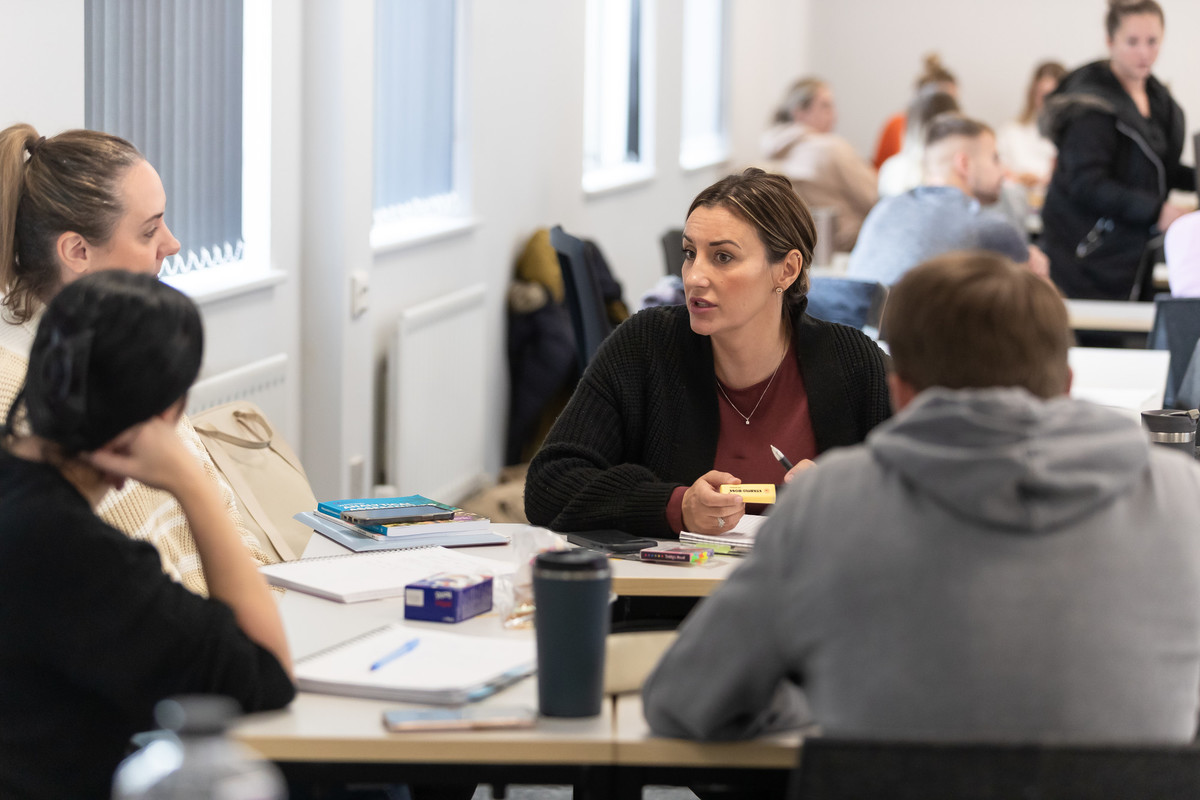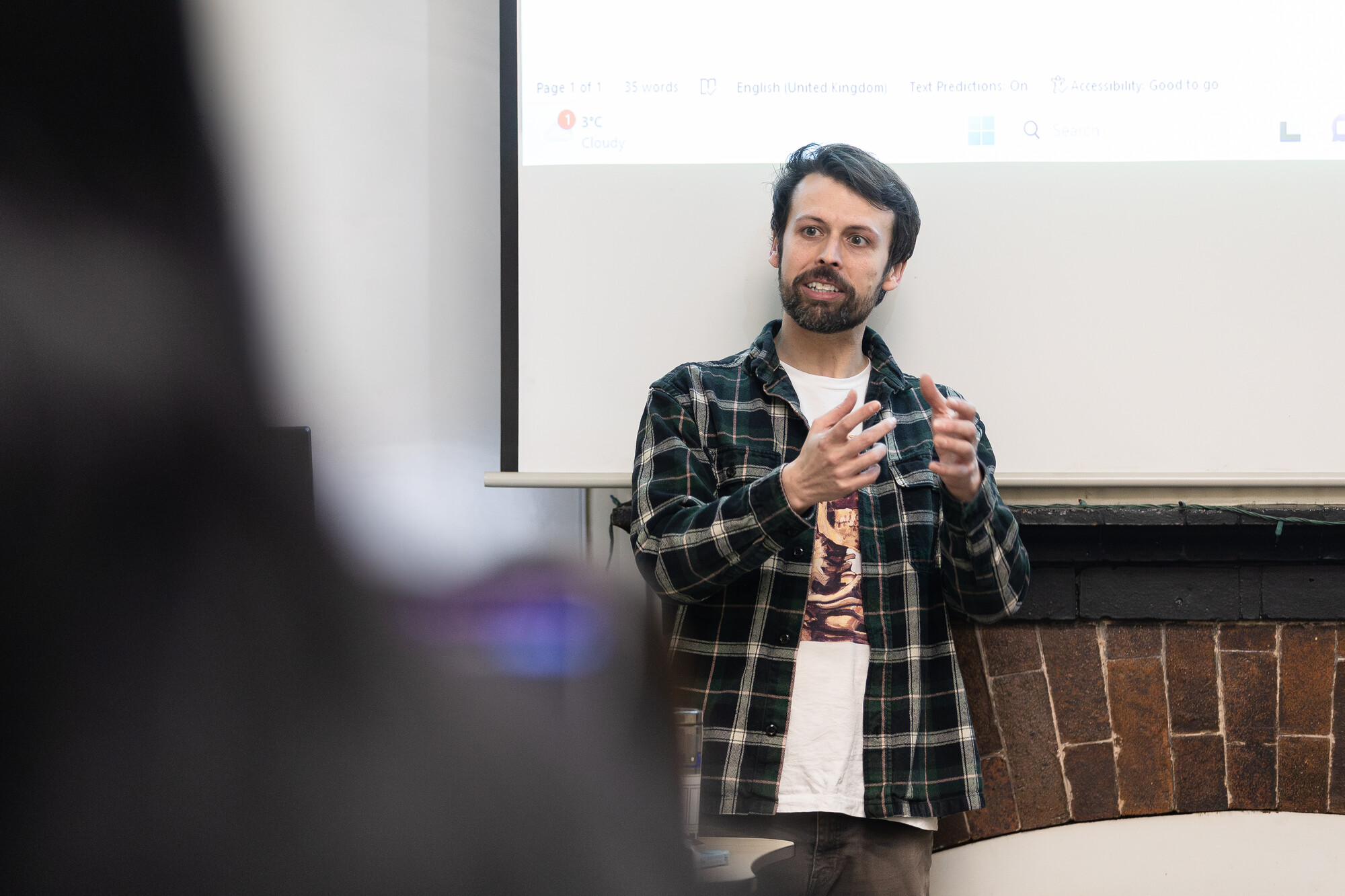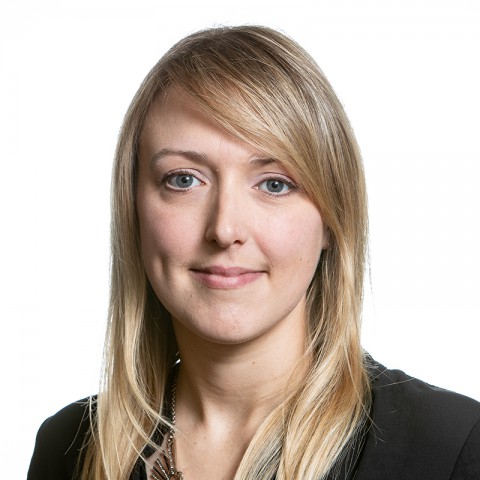Global Affairs, Politics and International Relations with History BA (Hons)


Available with:
-
Foundation Year
You are viewing Course summary
Course Summary
Embark on a journey through time and across borders with our degree in Global Affairs, Politics and International Relations with History. This multidisciplinary course, offered at our renowned institution, is meticulously crafted to weave the rich tapestry of historical events with the dynamic complexities of today's global political landscape.
You will dive into the pivotal moments and movements that have shaped the world. You will scrutinise the birth and evolution of nations, the formulation and fallout of treaties, and the rise and fall of empires, all while gaining an acute understanding of current international relations and global political strategies. This fusion of history with contemporary global affairs equips you with a profound perspective and the analytical skills to understand and influence the future.
Our curriculum is designed to challenge and inspire. Through engaging lectures, stimulating seminars, and hands-on research projects, you will explore the interplay between historical events and modern-day international politics. Our distinguished staff team, renowned for their expertise and research, are not just educators but mentors dedicated to nurturing your intellectual growth and professional development.
Beyond the classroom, the course offers experiential opportunities, study abroad options, and access to influential networks, providing a platform for real-world experience and professional exposure. This degree is not just an academic pursuit; it's a launchpad for a career in diplomacy, international organisations, academia, or any sector where an in-depth understanding of global affairs and history is paramount.
What you'llStudy
In Year 1, students explore foundational concepts in global affairs, politics and international relations, alongside key historical events that have shaped the modern world. They study the evolution of political systems, analyse major historical milestones, and understand the role of history in current international dynamics, laying a solid groundwork for advanced study.
In Year 2, students delve into the complexities of historical events and their influence on contemporary global politics. They study key political theories, international relations frameworks and critical historical turning points, analysing their impact on current geopolitical dynamics and policy-making, while honing research and analytical skills through in-depth coursework and projects.
In Year 3, students explore advanced topics, analysing the impact of historical events on contemporary global affairs. They examine case studies in international diplomacy, conflict resolution and policy development, and undertake a substantial research project or dissertation, demonstrating their integrated understanding of history, politics and international relations
Our approach to learning and teaching is broad and includes:
Interactive Lectures: Engaging students in interactive lectures that include multimedia presentations, case studies, and open-ended questions to stimulate discussions and critical thinking.
Small Group Discussions: Promoting peer learning, collaboration, and the exchange of diverse perspectives.
Case-Based Learning: Presenting real-life cases for analysis. This allows students to apply theoretical knowledge to practical situations, enhancing their problem-solving and decision-making skills.
Research Projects: Research projects that require students to explore specific topics, conduct empirical research, and present their findings.
Ethical Dilemmas and Discussions: Engaging students in discussions about ethical considerations, including topics like oppression, wealth, advocacy, identity, humanitarian support, political systems, and research ethics.
Guest Speakers and Practitioners: Invited guest speakers to share their experiences and insights with students.
Simulation Exercises: Organised simulation exercises where students take on roles.
Beyond the Classroom
On this course, you have the opportunity to spend five weeks working for a host organisation via our Work Based Learning module. You’ll have the chance to test-drive a future career, boost your CV and gain real work experience.
Our Experiential Overseas Learning module offers a unique opportunity to participate in a short-term placement around the world.
This course offers a Year Abroad option - an exciting opportunity to study abroad for a full academic year at one of our bilateral exchange partners or through ISEP (International Student Exchange Programs), a network of over 300 additional higher education institutions worldwide.
Entry Requirements
112 UCAS points
| UCAS Tariff | 112 points |
| GCE A Level | Typical offer – BCC-BBC |
| BTEC | BTEC Extended Diploma: DMM BTEC Diploma: D*D* |
| International Baccalaureate | 26 points |
| Irish / Scottish Highers | Irish Highers: BBBB |
| Scottish Highers: BBBB | |
| Access requirements | Access to HE Diploma, to include 45 credits at level 3, of which 30 must be at Merit or above |
| OCR Cambridge Technicals |
OCR National Extended Diploma - Merit 2 |
| Extra Information | Please note that we accept a maximum of 8 UCAS points from GCE AS Levels and that the Welsh Baccalaureate (core) and A Level General Studies will be recognised in our offer. We will also consider a combination of A Levels and BTECs/OCRs. |
Students from countries outside the UK are expected to have entry qualifications roughly equivalent to UK A Level for undergraduate study and British Bachelor's degree (or equivalent) for postgraduate study. To help you to interpret these equivalents, please click on your country of residence to see the corresponding entry qualifications, along with information about your local representatives, events, information and contacts.
We accept a wide range of qualifications and consider all applications individually on merit. We may also consider appropriate work experience.
English Language Requirements
- IELTS Academic: Undergraduate: 6.0 (minimum 5.5 in each band)
- Postgraduate: 6.5 (minimum 5.5 in each band)
For more information on our English Language requirements, please visit International Entry Requirements.
72 UCAS points
| UCAS Tariff | 72 points |
| GCE A Level | 72 points |
| BTEC | BTEC Extended Diploma: MMP-MPP BTEC Diploma: MM |
| International Baccalaureate | 24 points |
| Irish / Scottish Highers | Irish Highers: CCCC |
| Scottish Highers: CCCC | |
| Access requirements | Access to HE Diploma – Pass overall |
| Extra Information |
Other vocational qualifications at Level 3 will also be considered, such as NVQs. Mature students (21 and over) that have been out of education for a while or do not have experience or qualifications at Level 3 (equivalent to A Levels) will be considered on a case-by-case basis. The University of Chester is committed to a policy of widening access and participation by groups currently under represented in Higher Education. To this end, we will consider a diverse range of entry qualifications and, if you are a mature student and do not hold the minimum formal qualifications, your application will be treated on an individual basis and your previous experience will be taken into account when assessing your suitability to the programme. |
Fees and Funding
£9,250 per year (2024/25)
Our full-time undergraduate tuition fees for Home students entering University in 2024/25 are £9,250 a year, or £1,540 per 20-credit module for part-time study.
The University may increase these fees at the start of each subsequent year of your course in line with inflation at that time, as measured by the Retail Price Index. These fee levels and increases are subject to any necessary government, and other regulatory, approvals.
Students from the UK, Isle of Man, Guernsey, Jersey and the Republic of Ireland are treated as Home students for tuition fee purposes.
Students from countries in the European Economic Area and the EU starting in or after the 2021/22 academic year will pay International Tuition Fees.
Students who have been granted Settled Status may be eligible for Home Fee Status and if eligible will be able to apply for Tuition Fee Loans and Maintenance Loans.
Students who have been granted Pre-settled Status may be eligible for Home Fee Status and if eligible will be able to apply for Tuition Fee Loans.
Irish Nationals living in the UK or Republic of Ireland are treated as Home students for Tuition Fee Purposes.
£13,950 per year (2024/25)
The tuition fees for international students studying Undergraduate programmes in 2024/25 are £13,950.
This fee is set for each year of study. All undergraduate students are eligible for international and merit-based scholarships which are applicable to each year of study.
For more information, go to our International Fees, Scholarship and Finance section.
Irish Nationals living in the UK or ROI are treated as Home students for Tuition Fee Purposes.
Your course will involve additional costs not covered by your tuition fees. This may include books, printing, photocopying, educational stationery and related materials, specialist clothing, travel to placements, optional field trips and software. Compulsory field trips are covered by your tuition fees.
If you are living away from home during your time at university, you will need to cover costs such as accommodation, food, travel and bills.
The University of Chester supports fair access for students who may need additional support through a range of bursaries and scholarships.
Full details, as well as terms and conditions for all bursaries and scholarships can be found on the Fees & Finance section of our website.
Your Future Career
Job Prospects
Graduates of a degree in Global Affairs, Politics, and International Relations with History have a diverse array of career opportunities, leveraging their deep understanding of historical context, political systems, and international relations. Potential career paths include:
- Diplomacy and Foreign Service
- International Organisations and NGOs
- Public Policy and Government
- Historical Research and Academia
- Intelligence and National Security
- Journalism and Media
- Political Consulting and Lobbying
- International Business and Trade
- Legal Careers
- Cultural and Heritage Organisations
These career paths benefit from the graduates' ability to critically analyse and synthesise information from a historical perspective, understand complex political and international systems, and navigate the global landscape effectively.
Careers Service
The University has an award-winning Careers and Employability service which provides a variety of employability-enhancing experiences; through the curriculum, through employer contact, tailored group sessions, individual information, advice and guidance.
Careers and Employability aims to deliver a service which is inclusive, impartial, welcoming, informed and tailored to your personal goals and aspirations, to enable you to develop as an individual and contribute to the business and community in which you will live and work.
We are here to help you plan your future, make the most of your time at University and to enhance your employability. We provide access to part-time jobs, extra-curricular employability-enhancing workshops and offer practical one-to-one help with career planning, including help with CVs, applications and mock interviews. We also deliver group sessions on career planning within each course and we have a wide range of extensive information covering graduate jobs and postgraduate study.

















